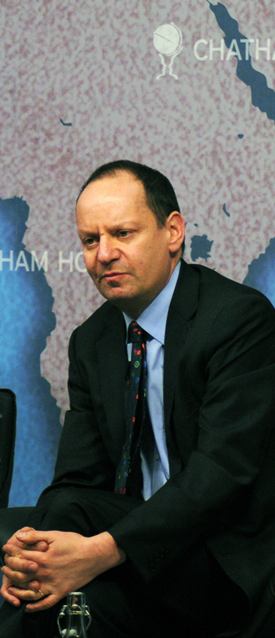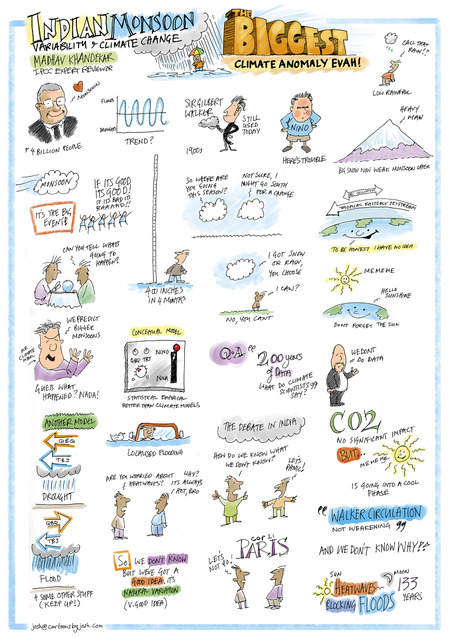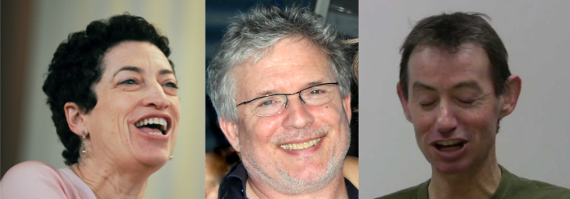Joe Duarte is co-author of a new paper about political bias in the social sciences. It's paywalled, but there is a summary here. I recommend it.
Featuring well-known names such as Jonathan Haidt and Philip Tetlock the paper looks as though it might create something of a stir, especially as it essentially concludes that social psychology is so dominated by woolly liberals as to make its findings untrustworthy:
Psychologists have demonstrated the value of diversity – particularly diversity of viewpoints – for enhancing creativity, discovery, and problem solving. But one key type of viewpoint diversity is lacking in academic psychology in general and social psychology in particular: political diversity. This article reviews the available evidence and finds support for four claims: (1) Academic psychology once had considerable political diversity, but has lost nearly all of it in the last 50 years. (2) This lack of political diversity can undermine the validity of social psychological science via mechanisms such as the embedding of liberal values into research questions and methods, steering researchers away from important but politically unpalatable research topics, and producing conclusions that mischaracterize liberals and conservatives alike. (3) Increased political diversity would improve social psychological science by reducing the impact of bias mechanisms such as confirmation bias, and by empowering dissenting minorities to improve the quality of the majority’s thinking. (4) The underrepresentation of non-liberals in social psychology is most likely due to a combination of self-selection, hostile climate, and discrimination. We close with recommendations for increasing political diversity in social psychology.
The authors reckon that there is a golden opportunity at hand to correct this bias within the academy. I must say I'm entirely unconvinced. I think the rot, and the bigotry, are so ingrained as to make the system unreformable. I have often wondered if the future is not in independent scholars and independent funding streams, secure from the depredations of the liberal left. Certainly, it's hard to see why the public should be paying for the academy in its current state.
 Bishop Hill
Bishop Hill  Sep 23, 2015
Sep 23, 2015  Diary dates
Diary dates 











